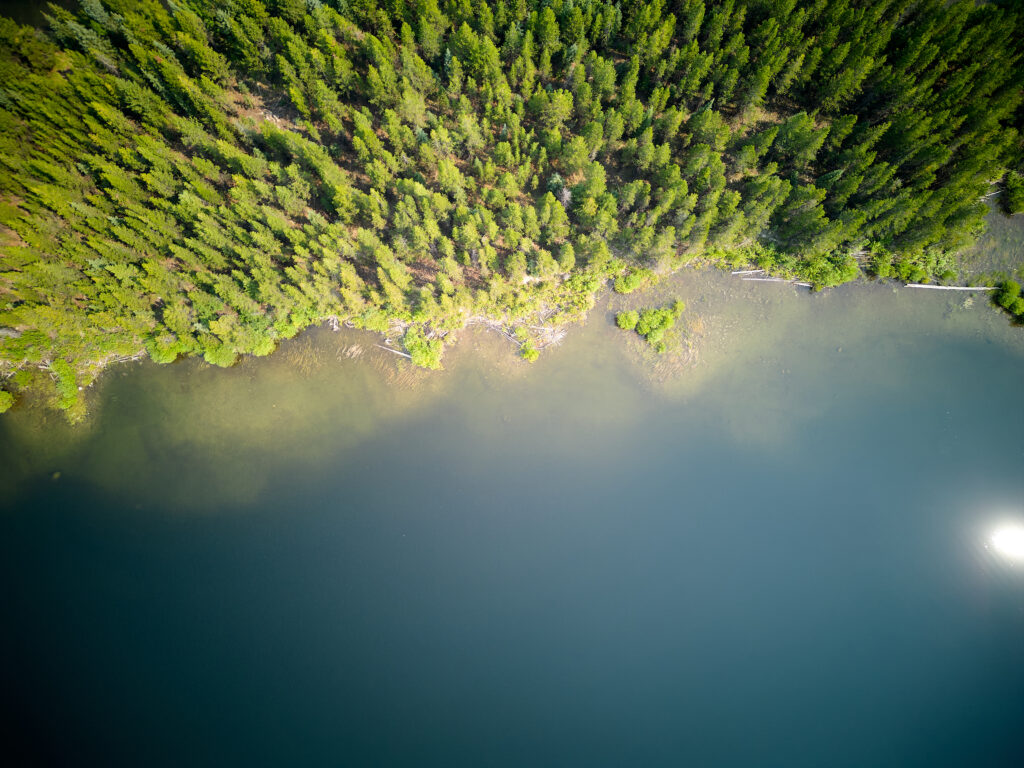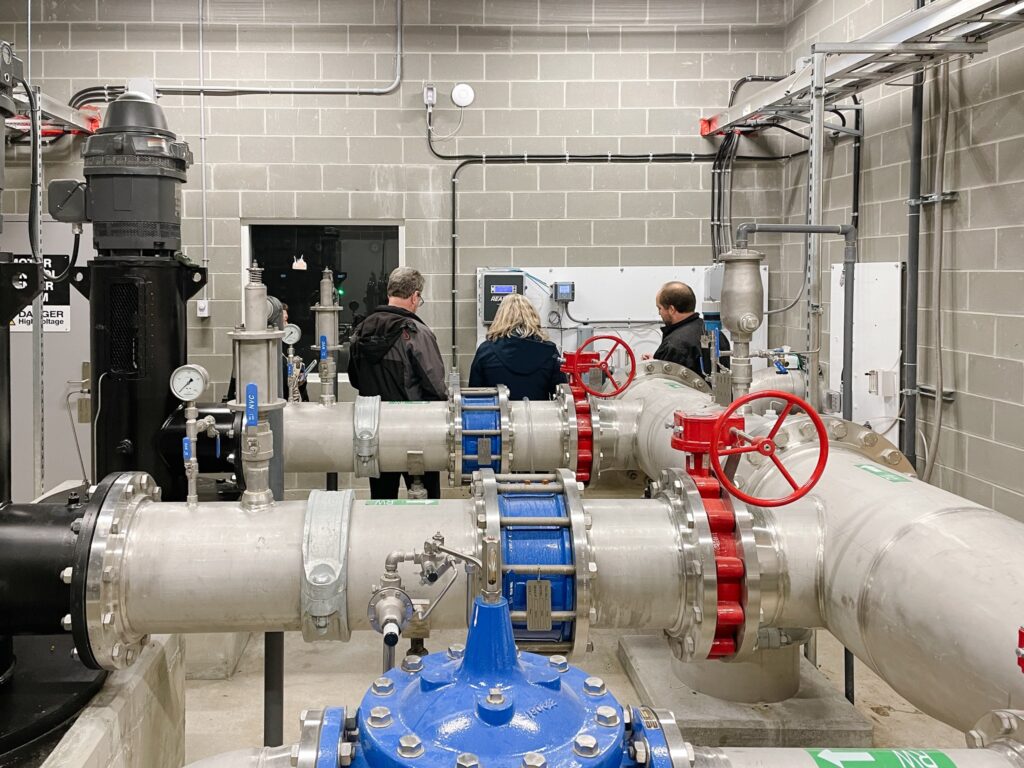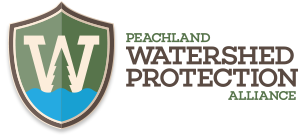Water quality refers to chemical and physical components, including concentrations of organic or inorganic particles. Water temperature and turbidity, sediments, pH, concentrations of trace metals and dissolved oxygen are also considered.
In BC water quality is the responsibility of the water provider – in this case, The District of Peachland.
Peachland’s drinking water flows from Peachland Creek into the new water treatment plant where it undergoes filtration and ultraviolet and chlorine disinfection. Intact forested ecosystems help clean the water before it arrives at the water plant. This would reduce the amount of work required for clean, fresh water. and the need for expensive processes to make the water safe to drink.

The citizens of Peachland recently paid over $25 million for a water treatment plant that was capable of treating the ravaged water from our broken watershed.
Byzantine Water Quality Regulations and Responsibilities
Water suppliers are responsible for delivering safe drinking water that meets the requirements of the Drinking Water Protection Act and Drinking Water Protection Regulation, as well as the conditions set on their operating permits. These requirements include treating the water, if necessary, and ensuring water quality through monitoring. Water suppliers must notify the public when there is a potential or actual problem.
The health authorities’ drinking water officers are responsible for providing the oversight to ensure compliance and drinking water safety. Environmental health officers, public health engineers and medical health officers are also involved in this work.

